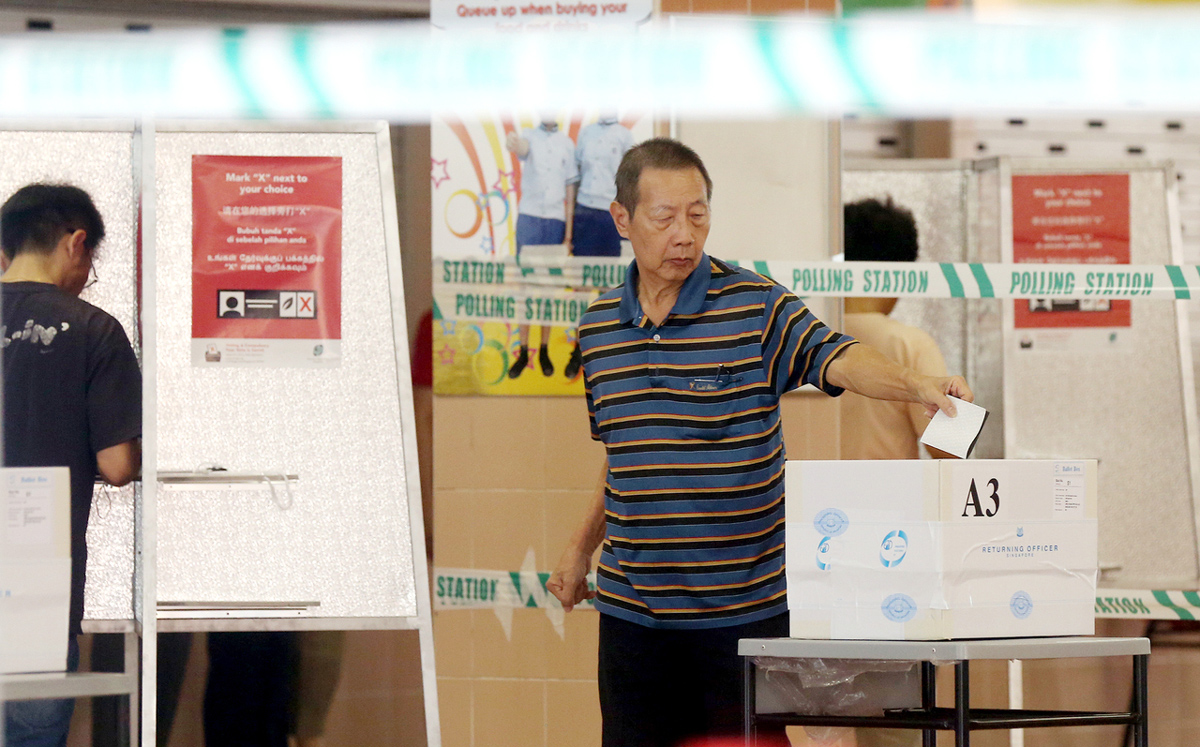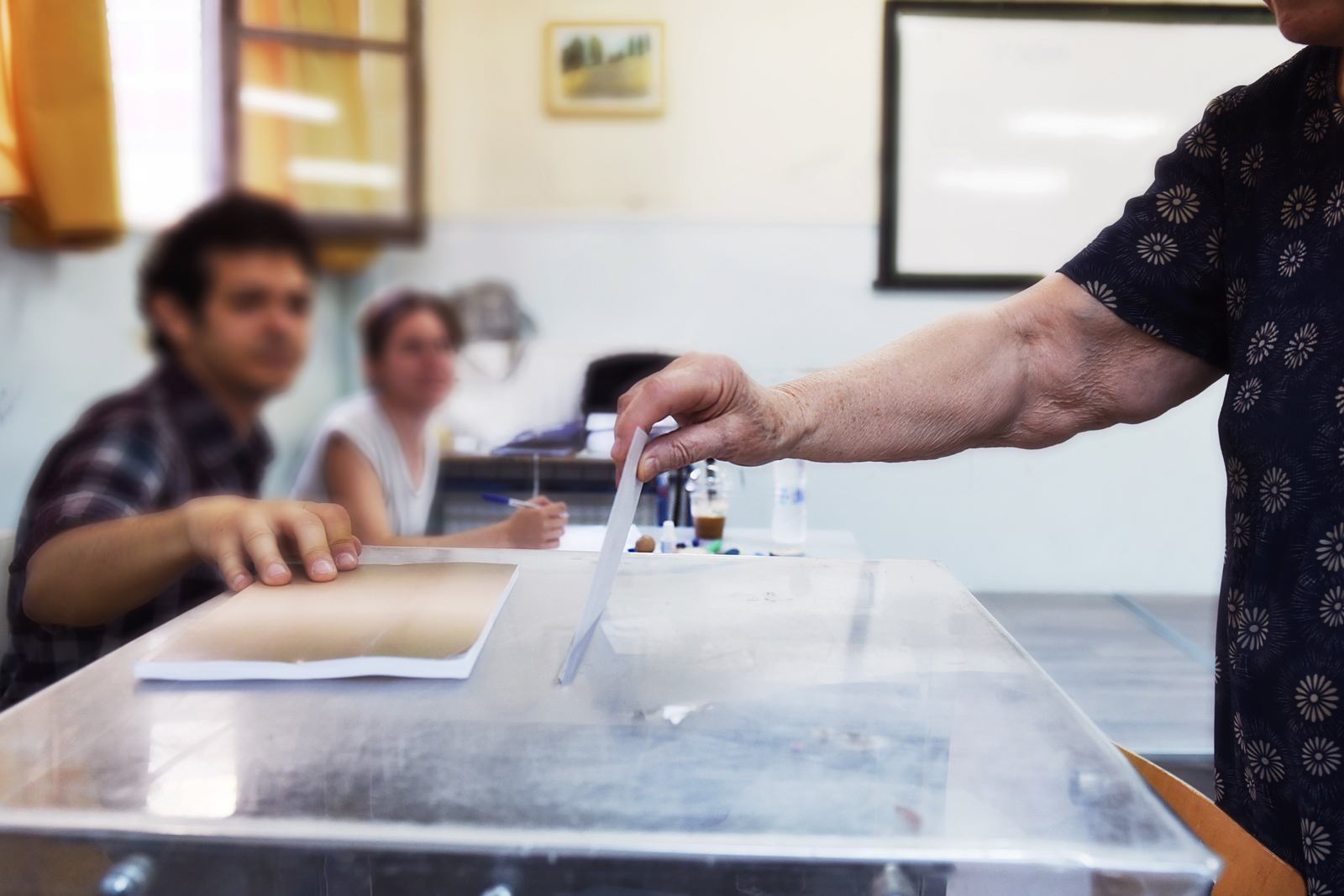As the General Election 2020 approaches, persons living with dementia may find it challenging to participate in the process and vote.
Here, we share some tips and guidance from the Elections Department Singapore on the legal implications as well as support provided to persons with dementia.
 (Photo Credit: Straits Times)
(Photo Credit: Straits Times)
Q: Do I have to bring my parent for a mental capacity assessment to know if she is able to vote during the election?
No. There is also no need to produce documentary proof that your parent is unable to vote on Polling Day due to his or her medical condition.
Q: My parent is living with dementia. Does he or she have to vote on Polling Day? If no, must I let the authorities know?
Under the law, persons with dementia are not exempted from voting. Eligible voters, like your parent, who are unable to vote on Polling Day will have their names removed from the Registers of Electors after Polling Day. They may apply to restore their names thereafter, so that they will be eligible to vote in future elections. As they have a valid reason for not voting, there is no administrative fee payable to restore their names to the registers.
Q: Will there be any legal implications to my parent living with dementia if he or she does not vote?
The only consequence of not voting is that your parent’s name will be removed from the Registers of Electors. He or she will not be eligible to vote in future elections until he or she applies to restore his or her name to the registers.
Q: What support is available on voting day if my parent who lives with dementia would like to vote?
Senior voters aged 65 years old and above will be allotted a two-hour voting time-band between 8.00am to 12.00pm in the upcoming election. Senior voters who require assistance may be accompanied by one household member. Those who are unable to vote during their allotted time-bands in the morning can still do so at other times of the day, where they will be able to join priority queues.
There are special drop-off points near the voting areas at polling stations for vehicles carrying elderly voters or voters with physical disabilities. Voting areas are barrier-free and wheelchairs are provided for voters who need them.
If they are unable to mark the ballot paper themselves, they may seek assistance from the Election Officials at the polling station. The Election Official will mark the ballot paper in the manner directed by the voter, and they are under oath to keep the choice of the voter secret. Please visit the ELD website for more information.



